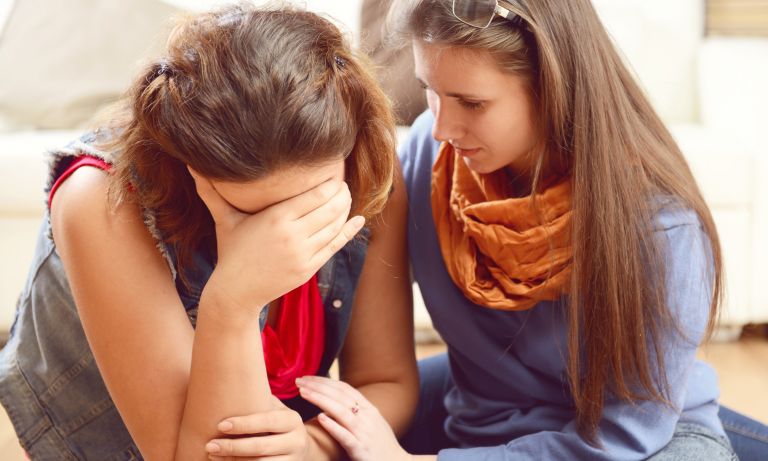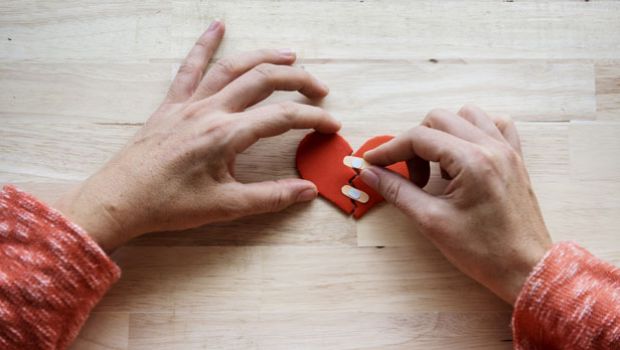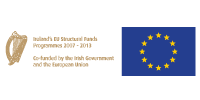When the course was first mooted at work as a possible project for the clinical nursing team to complete by our new nurse manager, there was initial reluctance to take on such a pet project. However to be fair for those of us caught up in the recent events on the Covid Ward that was hastily set up and managed on a really fire brigade way as the tragedy unfolded, this opportunity was indeed viewed as welcome.
At least they were providing a real tangible means of considering what we had been through bad how we would connect and understanding in a meaningfully literal way, how our relationship with death and the formalities of bereavement shaped us as people and practitioners. There was a “wow” moment when, whilst helping put at a hastily put together staff vaccination clinic, the email pinged into my home and away we went on a journey of writing, walking, pondering and making sense of some of the experiences that influenced how I interact with death, bereavement and grief issues.
The work of Van Gogh and his wonderful starry starry night particularly captures my imagination of how the desperation of beauty of such sadness seems to meet each other in the middle. I had the great pleasure of viewing the actual work on the balmy late October day in what seems like a lifetime away in Amsterdam. There’s a full Vincent Van Gogh Museum dedicated to his work, cleverly laid out in floors, from brightness to darkness as the levels g upwards towards to skylight, encompassing his creative journey and complete supplication to the inner torments of his soul. This was a lovely part of the course to consider.
There was also the task work, which delightfully did not require much of the way of referencing or puzzle solving, rather it was free to be opinionated and true to the creation literature, allowing for the free range of words and tied to a reasonably manageable word count.
Engaging with the material in unit 5 about the loss associated with the break-up and loss of a relationship was new territory to me and very enjoyable. I encounter those who are depressed secondary to same and indeed sometimes see the effects of overdose and self-harm in older people as a direct result of the tragedy of a relationship sundering but I had never considered it in the context of a grief reaction or the long effect that it may have on individuals as they try to cope and reconnect with their lives or indeed just simply try to survive and appear normal in the grief space that they now find themselves stuck in.
To lose a well-loved and adored friend to the throes of an affair must be particularly difficult and so common now within the life space of daily life. To be trapped within an affair does not feel like a particularly wholesome and welcoming place to be either. Better to mourn the feelings and excitement rather than be grilled in the heat of a fire which may not ultimately sustain either you or the other party.
Putting to paper the earliest experiences of grief and sorrow that marked my life was challenging and yet comforting. It was just a method of replaying some of the inner thoughts and putting it on paper and within the context of rat ionisation. What is it that makes one tick and one sad and lonely for a time that came before? If one had the tools of backward time travel, it would be very easy to become fully happy again, but that is not the case for anyone who breathes that air of this earth. We are all subject to the “great what if” and why is that that challenges out thoughts and brings to smile of the wistful to bear. The course material makes one aware of the past but in a concreate way by having to loft the fingers and strike to keyboard. One can see and feel the great healing that comes for the from the writing of a personal memoir.
The course material was concise and readable to me, I didn’t take it to bed though as I had done other courses, rather I took parts of it along the road of my working and daily life with me. I engaged with the idea of writing a letter to a loved one and practised it a few times in my head and then tapped away on the key board delighted to have crafted something that meant something to my inner being and yet encapsulated that private untouchable side of me.
Understanding the whys and where fore of the funeral rite and rituals around the care of the deceased was also interesting for me. Being so aware of the Christian rites around funerals and loving the freedom of attending the traditional Irish Wake or visit to a Church Ceremony was considered by me to be a natural Irish rite. Now it’s taken away by Covid and changed utterly I feel. I notice I see a few visiting graves in the aftermath of the official funeral , who might be friends or acquaintances of the deceased but who surely feel a desire or need to say goodbye in some close earthy way having being deprived of the attendance in the church, by the restrictions and Covid guidelines.
Will the Irish traditions refire and reboot in the wake of the Covid Pandemic, it is hard to know. But much like our relationship with the care home and hospital setting, it seems to have changed somewhat and shifted to the left a bit or even sideways. Was this the perfect year to engage with a course steeped in sadness and themes of loss and bereavement? I think so as it armed the soul trooper by utilising in the skill of inward reflections to look outwards in a clever way to meaningful engagement with oneself and others.
Perhaps the best thing I did was to step away from the maddened crowd at work who wanted to finish it all in jig time and rush into the next course or clinical project. I took the summer away from the course, took some bits with me and enjoyed the finish line. Like the tortoise who beats the hare, I have the greater opportunity to use some of the self-reflection when I meet the lonely and bereft with my hospital work, so I shall use the course material to some degree and add my own stock of lore and knowledge to it.
Thanking you Christine, for your patience and detail with the course material.
Continue the good work.
Annette
ICPPD’s Certificate in Bereavement & Loss Online (45 CPD Hours) can be started at any time and at your own pace.











